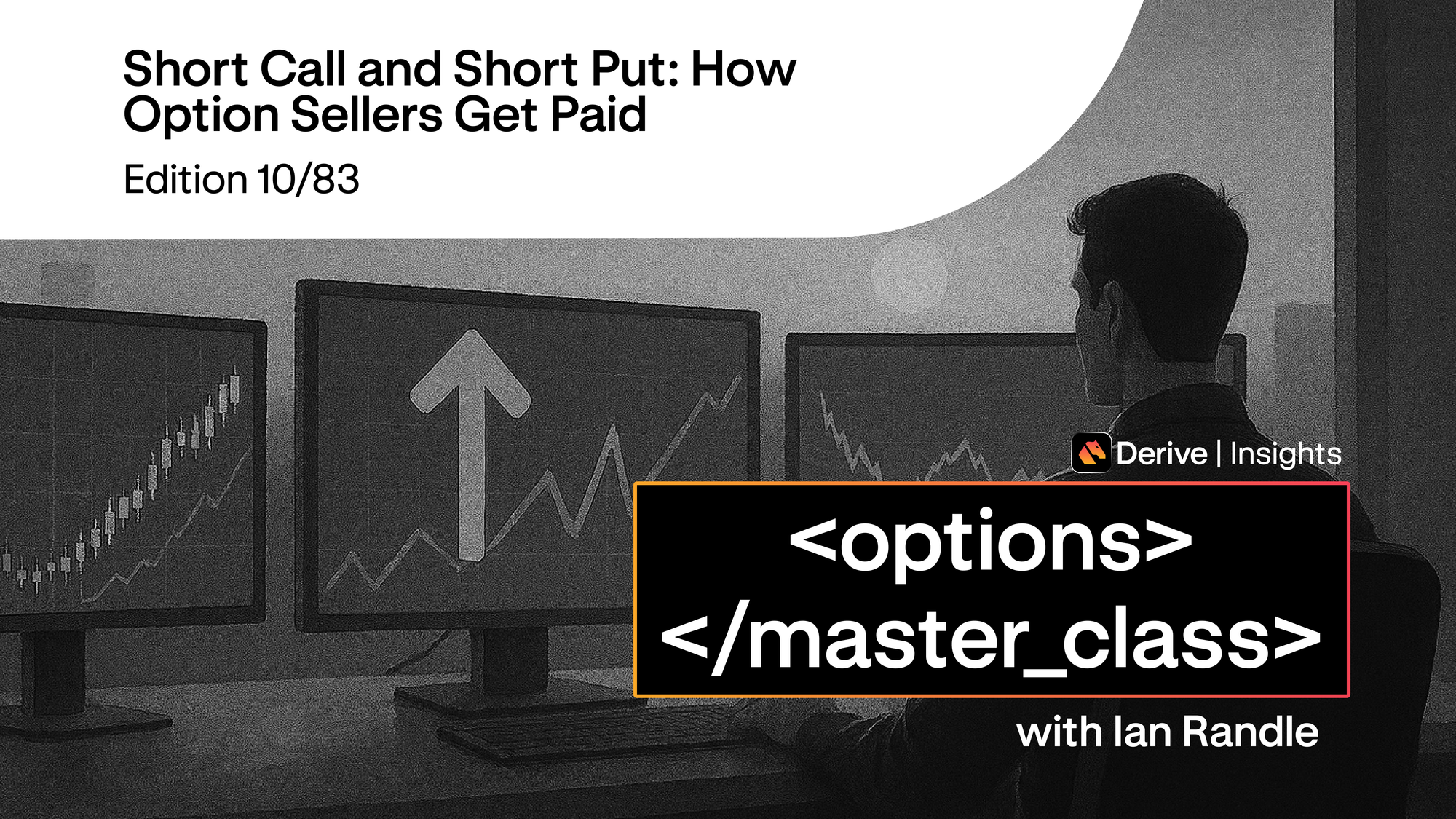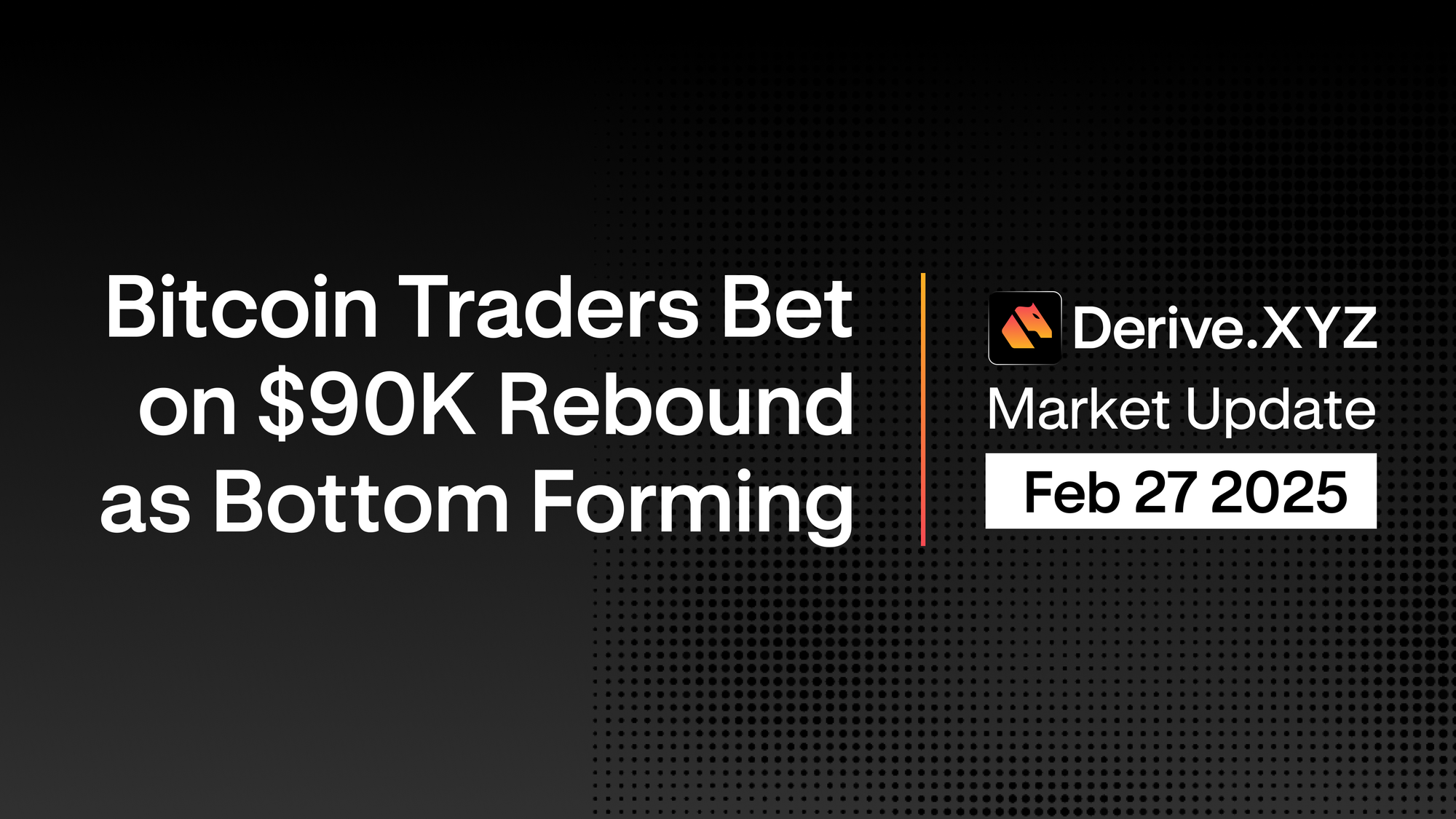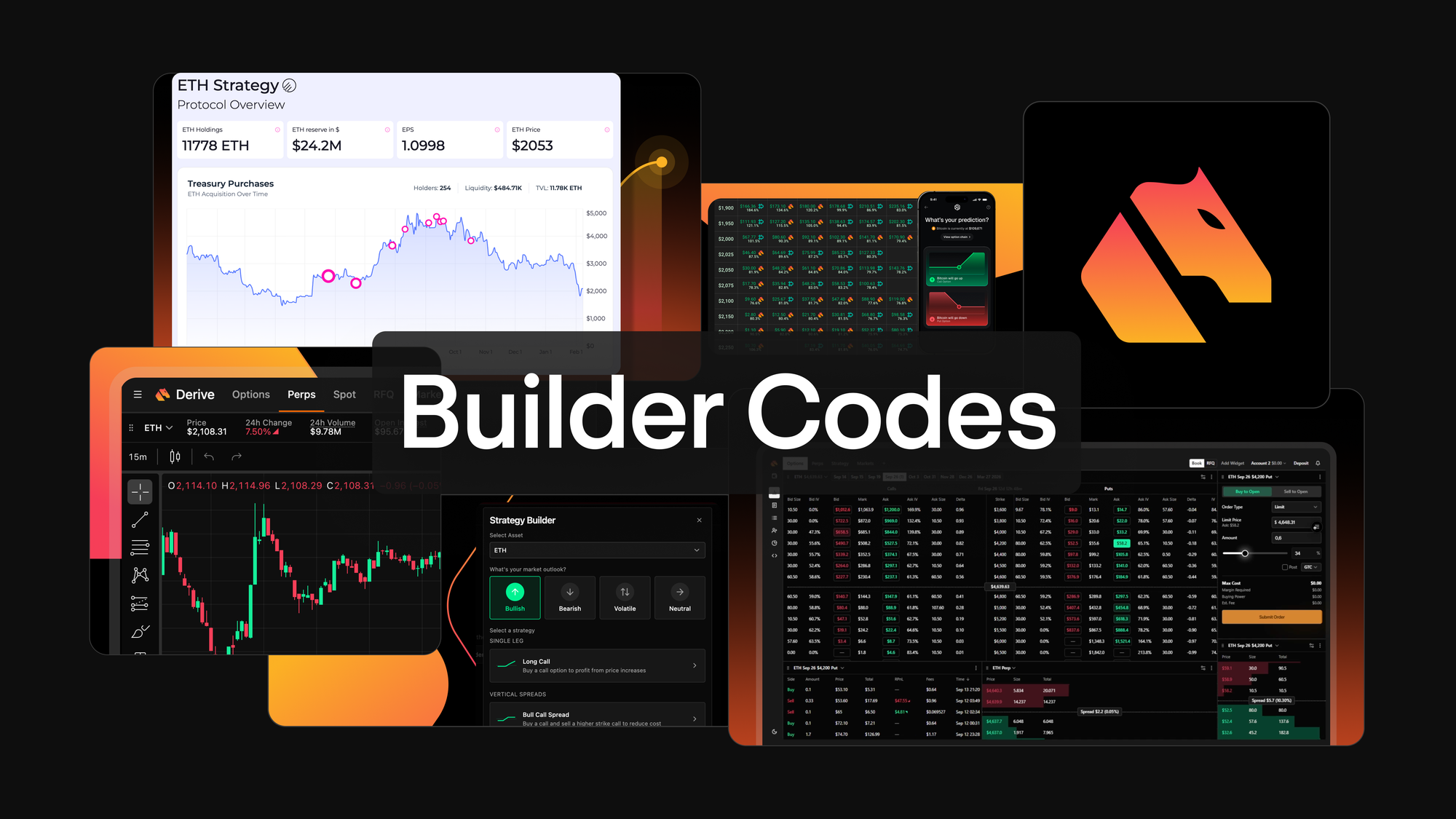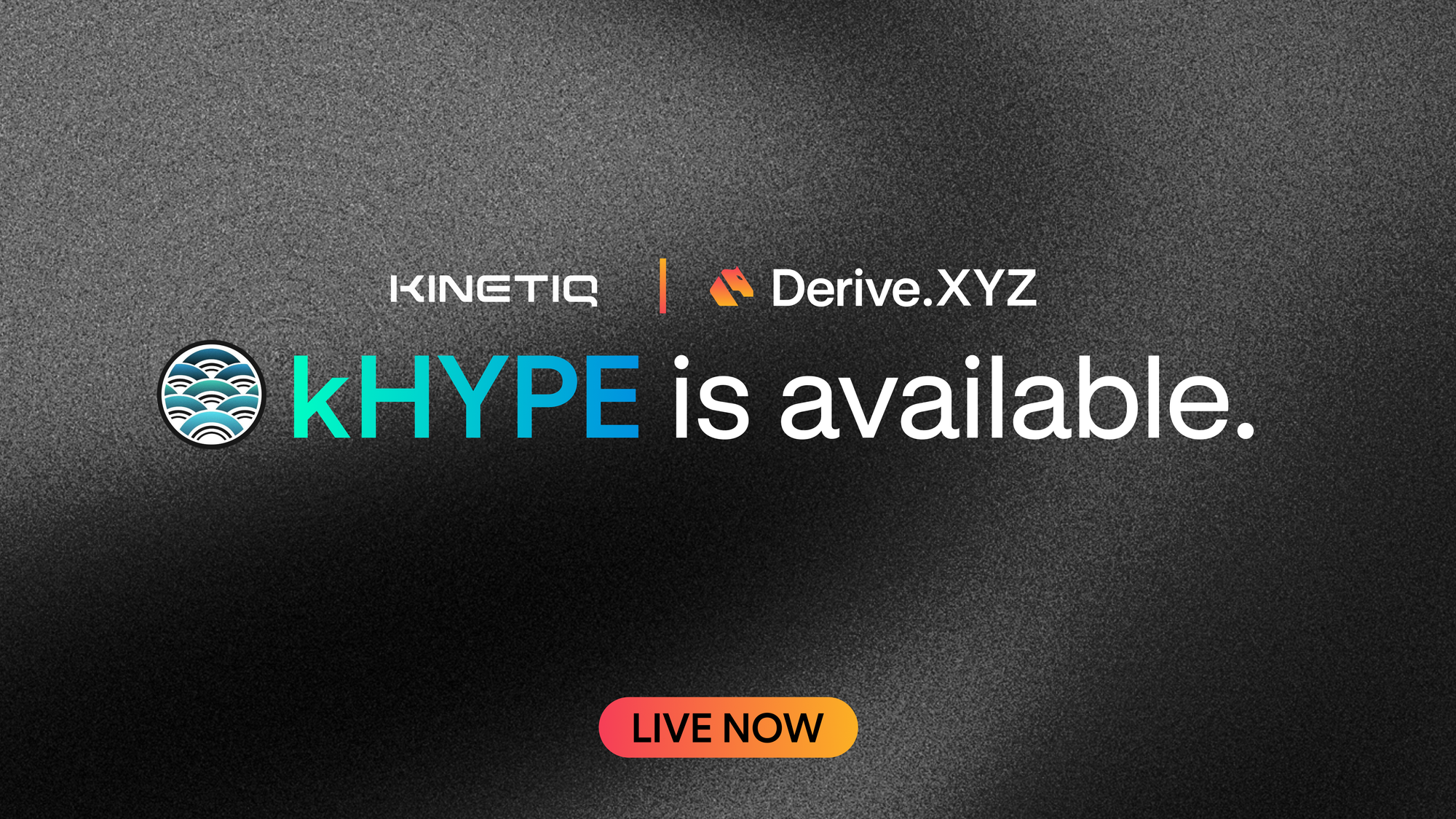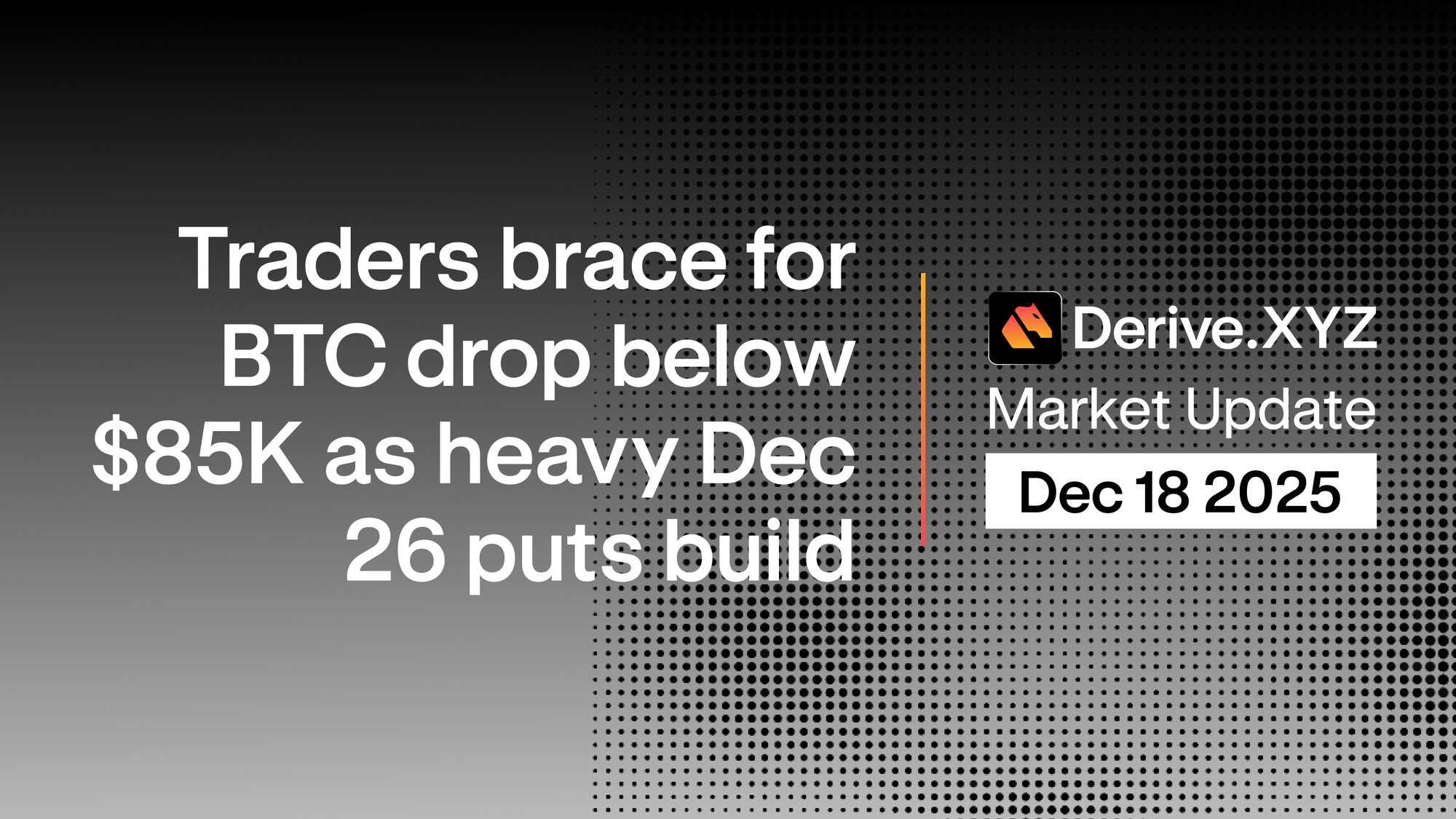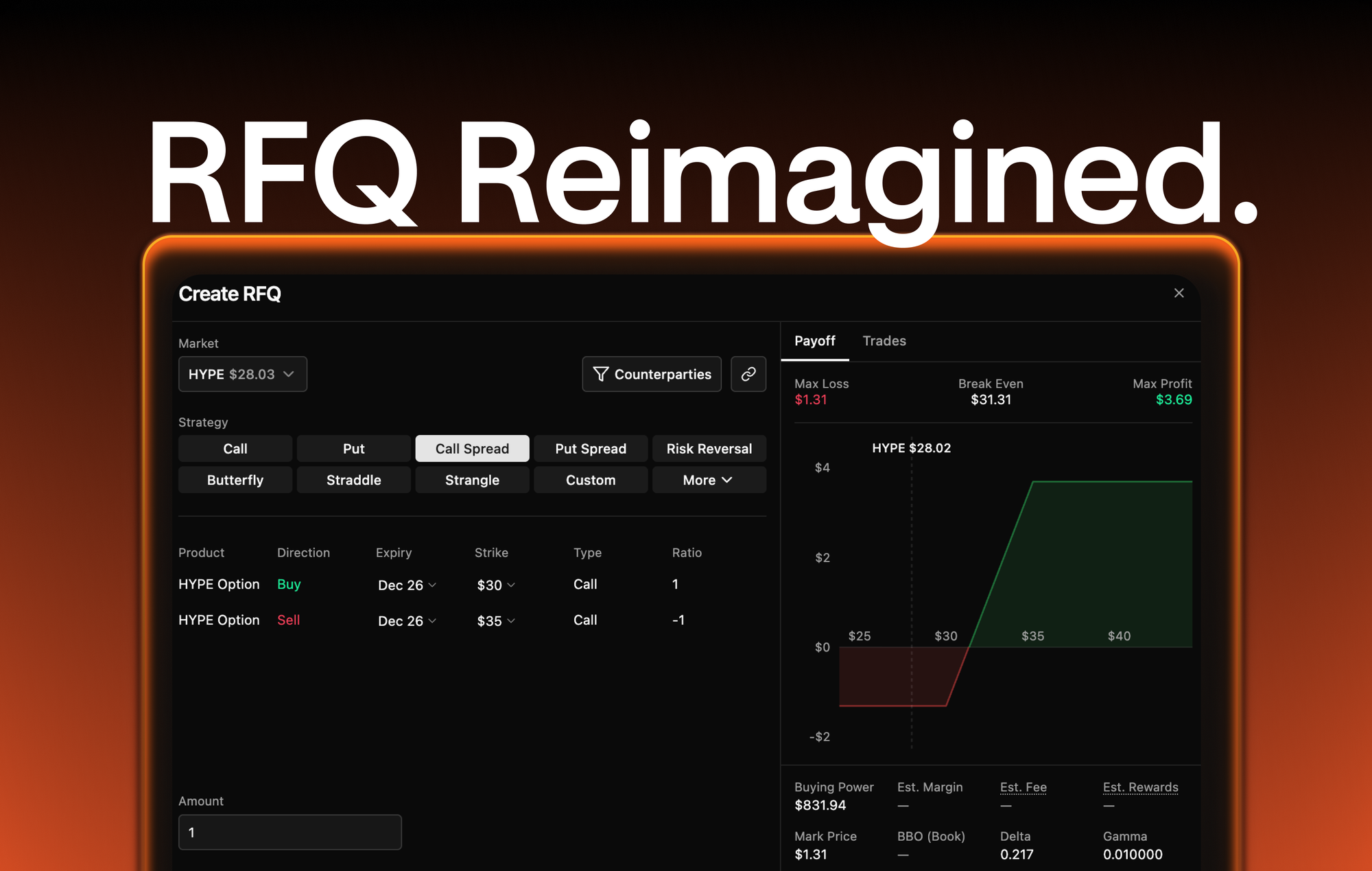Selling options is not about prediction. It is about probability, premium, and risk control.
In the last lesson, we covered long calls and long puts — the simplest directional trades for buyers.
Today, we flip the script.
This time, you are the one collecting the premium. You are offering the right to someone else, in exchange for risk.
These are the trades that make up the foundation of option selling.
The Short Call
You sell a call when you believe the asset will not rise above a certain level by expiry.
- You collect a premium up front
- If the price stays below the strike, you keep the full premium
- If the price rises above the strike, your loss increases with the price
This trade carries unlimited risk, because there is no cap on how high the asset can go.
The Short Put
You sell a put when you believe the asset will not fall below a certain level.
- You collect a premium up front
- If the price stays above the strike, you keep the full premium
- If the price drops below the strike, your loss grows as the asset falls
This trade carries defined but significant downside risk, because the asset can fall to zero, but not below.
Why Sell Options
Option sellers play a very different game from buyers.
They are not trying to time the perfect move.
They are betting that nothing extreme happens, that time will run out and the option will expire worthless.
You are effectively taking the other side of the long trade, and you get paid for doing so.
You benefit from:
- Time decay (Theta)
- Stable or range-bound markets
- High implied volatility
But you must also be prepared for:
- Sharp price moves
- Sudden volatility shifts
- Asymmetric downside
On Derive
Derive allows you to sell calls and puts with full transparency.
- You see margin requirements before confirming the trade
- Your Greeks show the exposure you are taking
- You can manage and unwind positions directly from the portfolio view
Selling options is capital intensive but can generate consistent yield if done carefully.
Your Action Today
- Open Derive
- Look at a few calls and puts with higher premiums
- Review what you would receive as a seller
- Consider what market conditions would allow you to keep that premium
- Think about the risk you would be accepting
Tomorrow, we begin combining these positions into multi-leg strategies - starting with vertical spreads.
Coming tomorrow:
Day 11 – Vertical Spreads: Risk-Defined Directional Trading
Hasta manana
Cpt




